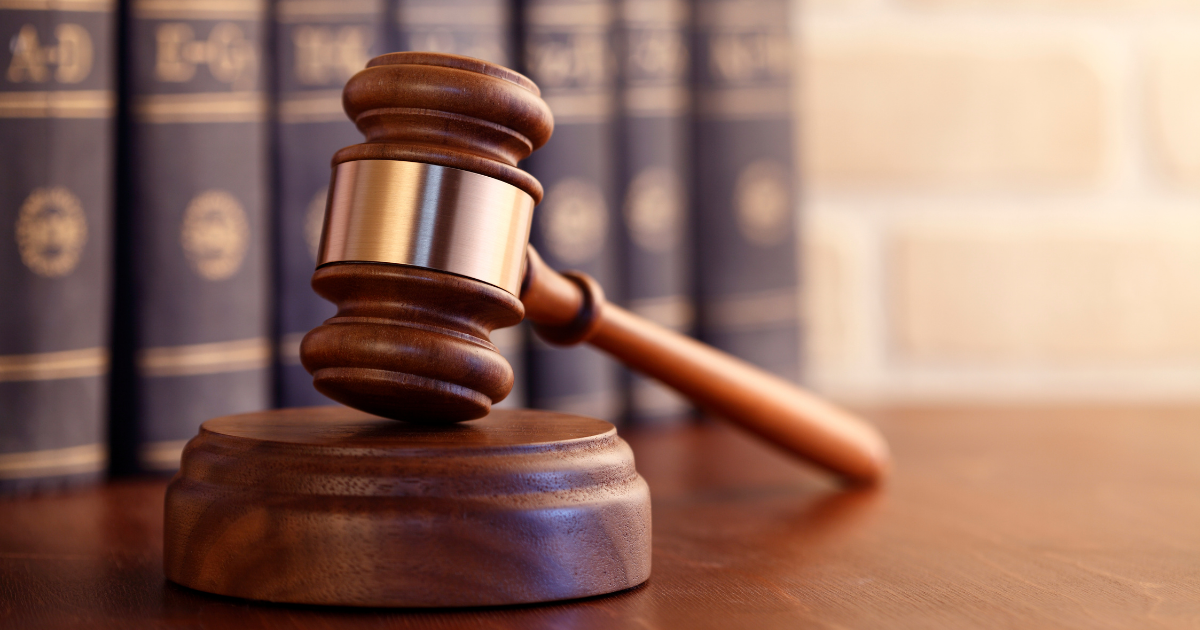Articles
Published vs. Unpublished

One of the hurdles that photographers face when registering their copyright is determining whether the work is published or unpublished. This may sound like a straightforward question, but when you look at the last time the definition of ‘published’ was updated, you’ll be surprised to find out it hasn’t changed since the Copyright Act was first enacted in 1976. This definition predates the internet as well as the age of social media.
According to the statutory definition, simply performing or displaying a work in public does not count as publishing it. However, the Copyright Office Compendium's section on websites and website content states that a work is considered published if it is made available online and the copyright owner authorizes the end-user to keep copies. If the website allows downloading, reproducing, or retransmitting in any way, there may or may not be an implied license to distribute the work, which can affect whether the work is considered published or not. This can be confusing, but rest assured, you're not the only one who may find it perplexing.
In a Final Rule published on June 22, 2020, the Copyright Office acknowledges that determining when and whether a work has been published can pose challenging legal questions, particularly in the online environment. However, the office notes that the registration application for published works must include the date and nation of the work's first publication, as required by the statute. This is one of the issues that PPA is urging Congress and the Copyright Office to clarify. The current copyright law is confusing and unclear for creators, making it necessary to update the definition of "published" and provide more guidance on this matter.
To safeguard your copyright and your decision to publish or not publish your work, you can make your intentions clear. Adding a copyright symbol or stating "All Rights Reserved" on your image communicates to viewers that they are welcome to share links to your content, but copying your creation to their website without permission is not permitted. This is a way to indicate your ownership and protect your work from unauthorized use.
You might be wondering why publication matters. The reason is that if you ever need to take legal action for copyright infringement in the future, there could be unintended consequences if your work is not properly classified as published or unpublished. Published works are given a three-month grace period for registering their copyright, and this enables you to seek statutory damages and attorneys' fees if the infringement occurred after the work was published. In contrast, for an unpublished work, you can only recover statutory damages and attorneys' fees if the registration date precedes the infringement date. As a result, published works are generally more likely to qualify for statutory damages and attorneys' fees compared to unpublished works.
If you want to learn about copyright laws and safeguarding your work, check out the resources provided by PPA to increase your knowledge and awareness. Start educating yourself today and get the support you need.
